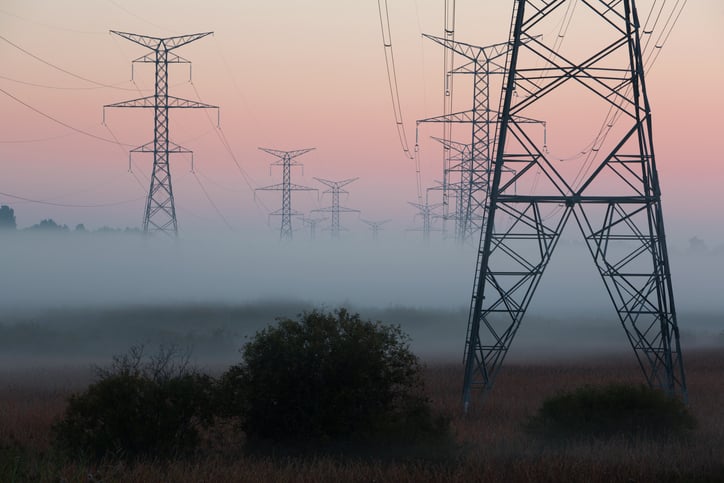The Competition and Markets Authority (CMA) has confirmed its decision that the Gas and Electricity Markets Authority (GEMA) was wrong on a number of modifications made following Ofgem’s RIIO-2 price control decisions on 8 December 2020.
In March nine energy companies sought permission to appeal GEMA’s decisions on the RIIO-2 price controls for electricity transmission, gas transmission and gas distribution on a number of different grounds.
This included the cost of equity, the outperformance wedge and the efficiency benchmark set in the price control determinations, which were published in 2020.
Following investigation, the CMA released its provisional determinations to parties and interveners in August, finding that on a number of points GEMA was wrong or partially wrong. In its final determination it has now confirmed those points.
It found in favour of all appellants with regards to the outperformace wedge, finding that GEMA was wrong to impose it.
The CMA found partially in favour of Cadent, Northern Gas Networks (NGN), SP Transmission and Wales & West Utilities, and in favour of Southern Gas Networks with regards to GEMA imposing an innovation uplift. It also found partially in favour of SP Transmission and SSEN Transmission that GEMA was wrong to act ultra vires in the manner – this saw the authority seeking to use a direction process to modify a license condition.
Additionally, the CMA found partially in favour of NGN with regards to Business Plan Incentives (BPI), to the extent that GEMA has conceded and error.
David Smith, chief executive of Energy Networks Association said the decision will take time to review in detail, but “we remain committed to keeping energy flowing and maintaining world-class levels of reliability and customer service.”
The CMA found in favour of GEMA on all other grounds and sub-grounds, and has dismissed them from the appeal.
Dame Clare Moriarty, chief executive of Citizens Advice which submitted evidence to the CMA, said the decision was “good news for consumers and a major step forward in fixing the problem of excessive profits made by network companies.”
“It sends a clear signal to the companies still to go through the price control process (electricity distribution networks) that they won’t be getting the same bumper payday as last time round.”





